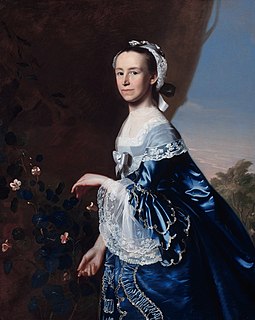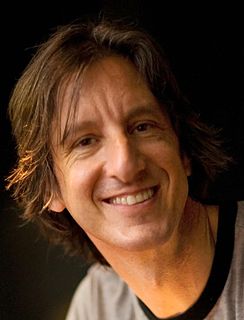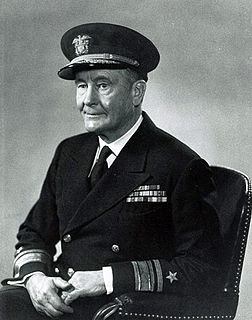A Quote by Steve Erickson
Nothing manifests more persuasively the American contradiction than that the author of the Declaration of Independence, a slave owner, wrote an antislavery clause into the document - as if to compel himself to be better than he was - which then had to be edited out so the Southern states, including Thomas Jefferson's own, would sign it.
Related Quotes
There's something deeply rooted in American culture. You can pretty much identify what it was. You take a look at the history. It was internal conquest. You had to defend yourself against what the Declaration of Independence, Thomas Jefferson, an enlightened figure, called the attacks of the "merciless Indian savages," whose known way of warfare was torture and destruction. Also you had a slave population, you had to protect yourself against them. You needed guns.
Jefferson wrote the Declaration of Independence; Madison wrote not only the United States Constitution, or at least most of it, but also the most searching commentary on it that has ever appeared. Each of them served as president of the United States for eight years. What they had to say to each other has to command attention.
When Thomas Jefferson wrote the Declaration of Independence, declaring that all men were created equal, he owned slaves. Women couldn't vote. But, throughout history, our abolitionists, suffragettes, and civil rights leaders called on our nation, in reality, to live up to the nation's professed ideals in that Declaration.
According to Adams, Jefferson proposed that he, Adams, do the writing [pf the Declaration of Independence], but that he declined, telling Jefferson he must do it. Why?" Jefferson asked, as Adams would recount. Reasons enough," Adams said. What can be your reasons?" Reason first: you are a Virginian and a Virginian ought to appear at the head of this business. Reason second: I am obnoxious, suspected and unpopular. You are very much otherwise. Reason third: You can write ten times better than I can.
If the American Revolution had produced nothing but the Declaration of Independence, it would have been worth while. . . . The beauty and cogency of the preamble, reaching back to remotest antiquity and forward so an indefinite future, have lifted the hearts of millions of men and will continue to do. . . . These words are more revolutionary than anything written by Robespierre, Marx, or Lenin, more explosive than the atom, a continual challenge to ourselves as well as an inspiration to the oppressed of all the world.
Thomas Jefferson understood the greater purpose of the liberty that our Founding Fathers sought during the creation of our Nation. Although it was against the British that the colonists fought for political rights, the true source of the rights of man was clearly stated in the Declaration of Independence. Jefferson wrote that all humans are endowed by their Creator with certain unalienable Rights . . . . It was self-evident to him that denying these rights was wrong and that he and others must struggle to win what was theirs.




































